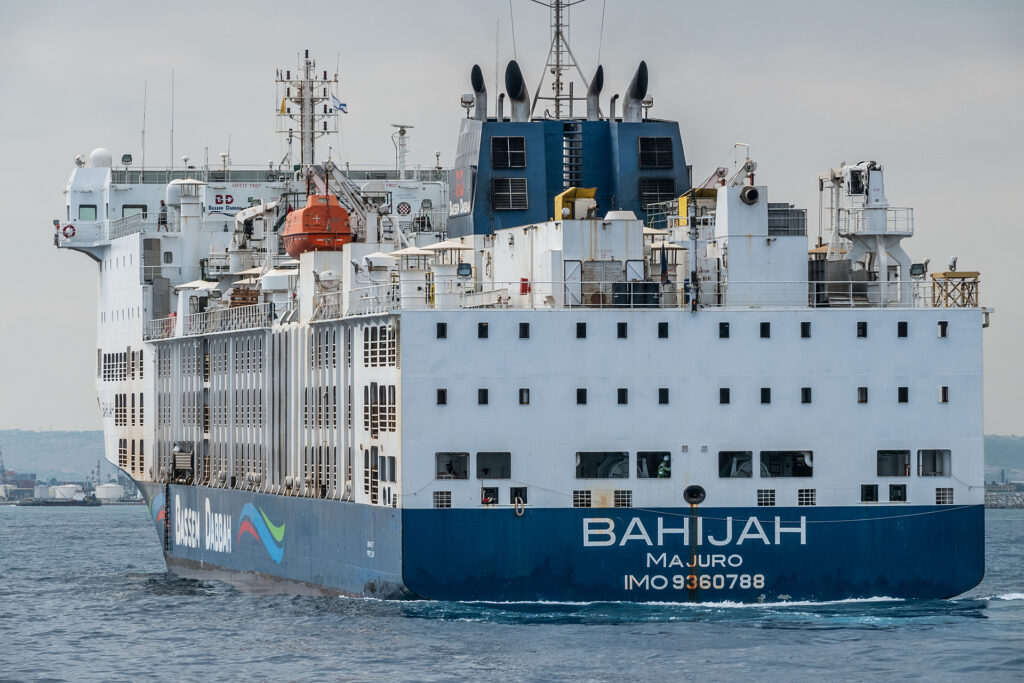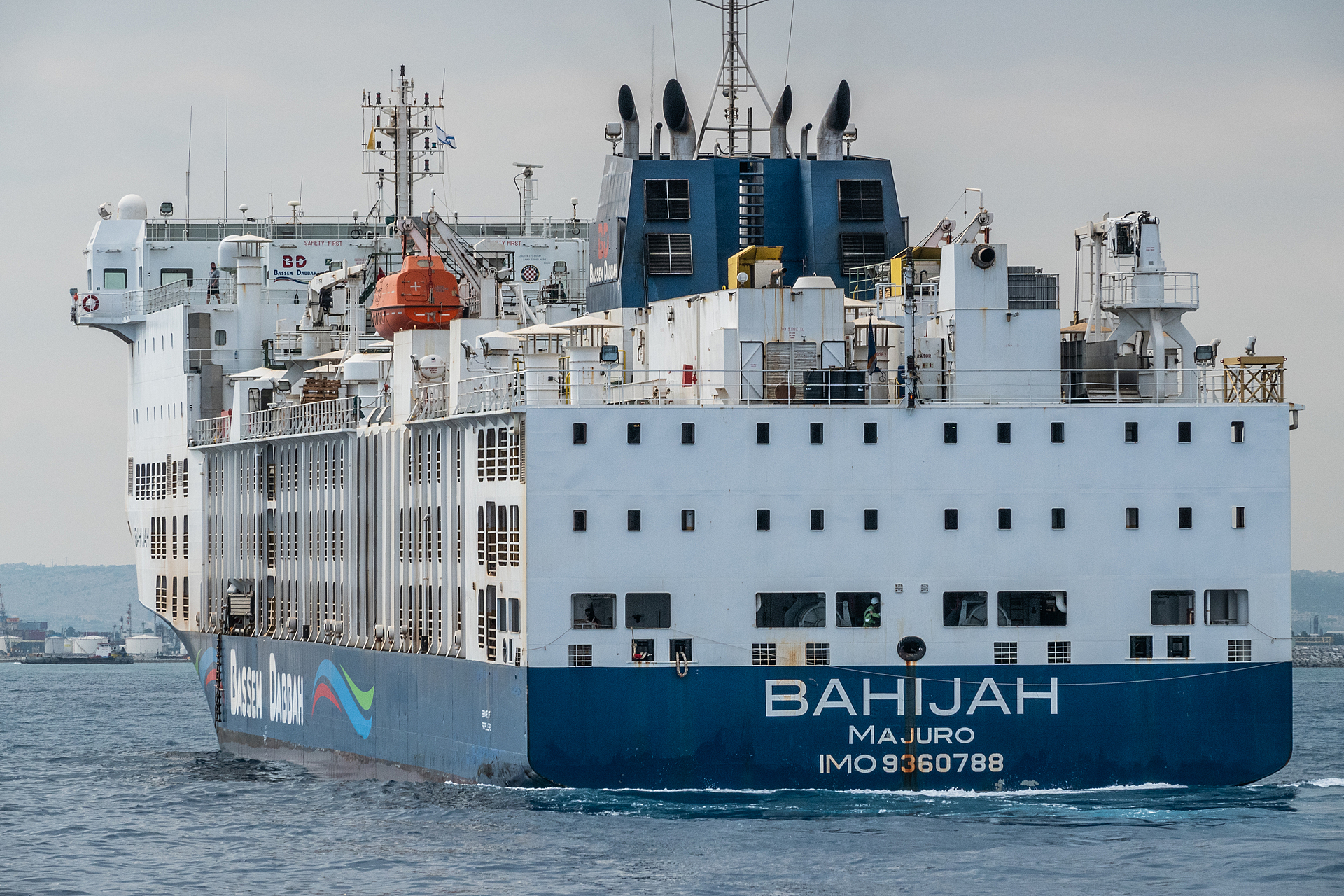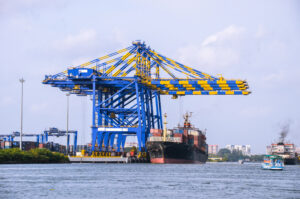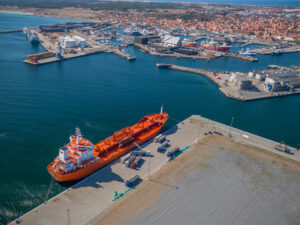
The Australian government gave an update concerning the livestock on the vessel MV Bahijah which is reported to be in good health, and they remain under veterinary care and supervision.
MV Bahijah is currently off the coast of Fremantle, Western Australia and the Department of Agriculture, Fisheries and Forestry gave an update on the welfare of the livestock on board the vessel and also on those animals that disembarked the vessel on Friday.
Secretary Adam Fennessy notified the public that in accordance with daily reports from the veterinarian on board the vessel, there are no significant health or welfare concerns with the livestock that remain on board the vessel.
In respect of the livestock that were successfully discharged from the vessel on Friday night at the request of the exporter, these animals are being held under strict biosecurity controls at appropriate premises, he said.
However, the application submitted on January 26, 2024 for the re-export of livestock onboard the vessel to Israel via the Cape of Good Hope has not been approved by the department.
In the question if the animals that have been unloaded will be processed in Victoria, he answered: “No, we have no information to support that proposition at this time. Any movement of the animals on Australian soil will be subject to appropriate biosecurity requirements to safeguard Australia’s biosecurity.”
The MV Bahijah loaded cattle and sheep in Fremantle, Western Australia and departed for the Middle East on January 5, 2024. The vessel, however, diverted away from the Red Sea due to the worsening security situation.
On January 20 in order to ensure the health and welfare of the livestock on the MV Bahijah, the Australian department directed the exporter that the consignment be immediately returned to Australia.
In an update on January 31, the exporter provided supporting information to the department to support the application to unload some animals in Australia prior to re-exporting the remaining animals on board the vessel.
Two independent veterinarians visited the vessel at the same day on January 31 to inspect the livestock and facilities.
Australia’s chief veterinary officer, Dr Beth Cookson, said: “The exporter’s registered veterinarian is on board the vessel and is recording details of the health and welfare of the livestock. While we have found those reports are encouraging, the department has also engaged veterinarians to travel to the vessel and review conditions on board for additional due diligence.”
The MV Bahijah berthed at Fremantle port on 1 February. “It is currently being replenished with supplies to ensure the ongoing health and welfare of the livestock is upheld. No animals are currently being unloaded,” the department noted.
On February 1 it was reported that the vessel left port to stand offshore.
Dr Beth Cookson said: “It is also good practice that the vessel continues to perform its routine cleaning, as it is this evening, to wash decks and provide dry and insulating bedding material for the animals.”
The vessel the next day returned to port and berthed in Fremantle. The vessel took on further provisions, including additional fodder and fuel.
The exporter on February 2 requested permission to unload several hundred cattle from the MV Bahijah.
The department agreed for the animals to be unloaded under strict biosecurity measures.
“This action is unrelated to the potential re-export of the remaining animals on the vessel.
“The cattle appear healthy and well. The cattle have been moved to appropriate premises where they are quarantining safely. There were no animal welfare issues associated with this unloading,” the department said on February 3.



